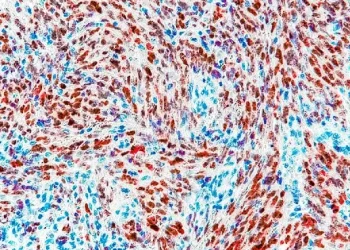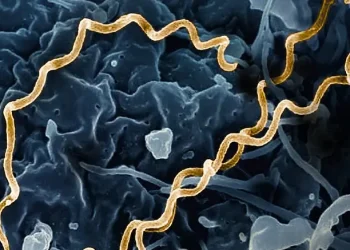In a significant move, the FDA has announced it will freeze new clinical trials that would export U.S. citizens’ cells to labs in foreign adversary nations like China for genetic engineering.
The new policy follows allegations from the agency that this process was at times not disclosed to participants.
FDA Moves to Halt Certain DNA Exports
In a major policy shift announced on June 18, 2025, the U.S. Food and Drug Administration (FDA) stated it will now require an immediate review and halt new clinical trials that involve sending Americans’ living cells abroad for genetic engineering.
This action targets trials conducted under a research exemption to a data security rule that was finalized under the Biden Administration.
The FDA’s press release alleges that “mounting evidence” shows some of these trials failed to inform participants that their biological materials—including DNA—were being transferred to countries classified as “hostile” by U.S. national security standards.
To date, this evidence has not been made public.
What Prompted This Action?
A data security rule that took effect in April 2025, while broadly restricting sensitive data transfers to foreign adversaries, included conditional exemptions for research.
According to the FDA, this allowed some companies to send trial samples overseas.
In the announcement, FDA Commissioner Dr. Marty Makary stated:
“The previous administration turned a blind eye and allowed American DNA to be sent abroad — often without the knowledge or understanding of trial participants.”
Dr. Makary said the new measures aim to boost public trust via transparency and ethical handling of genetic material.
NIH Joins the Review Effort
The National Institutes of Health (NIH) has joined the FDA’s initiative, announcing it will review all federally funded research to determine if any projects utilized the exemption in question.
NIH Director Dr. Jay Bhattacharya issued a strong statement supporting the FDA’s action:
“We are assessing the scope of this issue to ensure that no NIH dollars are supporting clinical trials that compromise data integrity, patient consent, or national security.”
The NIH is now evaluating its entire research portfolio, particularly any trials involving entities in countries of concern.
Why It Poses a Risk, According to the FDA
The FDA and NIH have outlined several risks that prompted their new policy:
- Alleged Informed Consent Violations: The agencies allege that some participants were not told their DNA was leaving the country or being genetically altered abroad.
- Data Security Threats: The press release raises concerns that foreign labs could misuse sensitive genetic information.
Critics quoted in the official announcement argue this created a “national security blind spot.”
Executive Oversight and National Policy
The FDA cites Executive Orders 14117 and 14292 as guiding its actions on data security and biological research safety.
These orders direct federal agencies to:
- Restrict research funding to secure, compliant institutions.
- Prevent unauthorized transfer of sensitive biological materials.
- Enhance transparency in all federally linked medical research.
Next Steps: Tighter Oversight, Ethical Enforcement
All new clinical trials proposing to rely on this research exemption will undergo immediate scrutiny. The review board will not permit trials to proceed without demonstrating full ethical transparency, valid informed consent, and secure biological material handling.
“The integrity of our biomedical research enterprise is paramount,” Dr. Makary stressed.
Further policy changes and public disclosures are expected as the FDA and NIH finalize their review process.
Sources: National Institutes of Health.
Prepared by Ivan Alexander Golden, Founder of THX News™, an independent news organization delivering timely insights from global official sources. Combines AI-analyzed research with human-edited accuracy and context.









